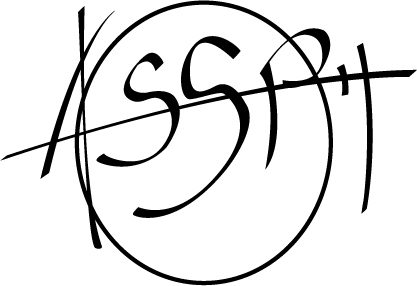ASophie Toscan du Plantier’s case: 15 offences against the truth
The death of Sophie on December 23, 1996, resulted from a crime.
The handling of the case has been scandalously tainted by a long series of crimes against the truth: Here we’ve identified 15 of them :
- The almost total inertia of the French judicial and police apparatus from the initial hours until the end of 2007, particularly the complete absence of usual measures (seizure, phone calls, computer...) following the discovery of a crime, regardless of its location.
- The excessively late arrival (more than 30 hours) of the forensic doctor at the scene: inability to determine the exact time of death and even the precise cause of death.
- The complete absence, for more than 12 years, of official information provided to the family by the Irish authorities.
- The failure to conduct reconstruction or confrontations in Ireland, seriously impeding the search for truth and protecting lies and omissions.
- Mr. Farrell's refusal, the main witness, to reveal the identity of his companion during the night of December 22 to 23, 1996, and the institutional acceptance of such refusal.
- Lies, omissions, and contradictions by I. Bailey regarding early knowledge of elements related to Sophie's murder.
- Lies by I. Bailey regarding his knowledge of Sophie.
- Lies by I. Bailey regarding the cause of his injury to the forehead and abrasions on the back of his hands and forearms, all appearing on December 23.
- Lies and contradictions by I. Bailey and J. Thomas, his partner, about their schedule on the morning of December 23, 1996.
- The disappearance of Sophie's 3 agendas (95-96-97) that she had brought to Ireland.
- The refusal by the Director(s) of Public Prosecutions (DPP) to take into account the incriminating testimonies against I. Bailey, especially those presented publicly during the trial in 2003 against 7 Irish and English newspapers.
- Mr. Farrell's extremely late and questionable retraction in 2005, 9 years after the murder, and after publicly confirming his testimony in 2003 before an Irish court.
- The disclosure by the Director(s) of Public Prosecutions of a document heavily biased in favor of I. Bailey's innocence and against the Garda investigation, an extremely serious violation of the secrecy of the investigation.
- The fallacious reasons given by the Irish Supreme Court to justify its decision on March 6, 2012, to reject the European Arrest Warrant.
- The logic of a judicial system obsessed with an accusatory approach at the expense of the search for truth.
All the details supporting these 15 assertions can be found in the black book "The Sophie Toscan du Plantier Case, a Denial of Justice," published on January 30, 2014, by Max Milo Editions: Here or Here.
